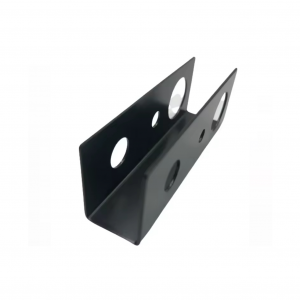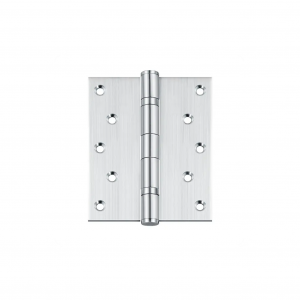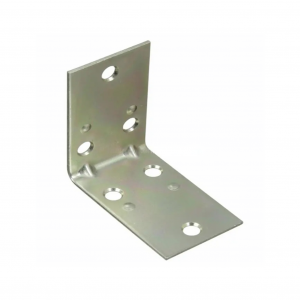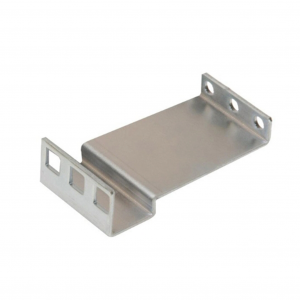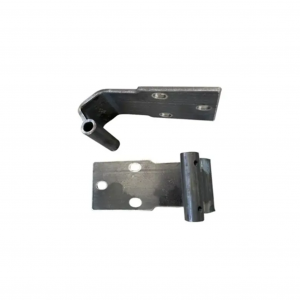Customized stainless steel punching and stamping parts
Description
| Product Type | customized product | |||||||||||
| One-Stop Service | Mold development and design-submit samples-batch production-inspection-surface treatment-packaging-delivery. | |||||||||||
| Process | stamping,bending,deep drawing,sheet metal fabrication,welding,laser cutting etc. | |||||||||||
| Materials | carbon steel,stainless steel,aluminum,copper,galvanized steel etc. | |||||||||||
| Dimensions | according to customer's drawings or samples. | |||||||||||
| Finish | Spray painting, electroplating, hot-dip galvanizing, powder coating, electrophoresis, anodizing, blackening, etc. | |||||||||||
| Application Area | Auto parts, agricultural machinery parts, engineering machinery parts, construction engineering parts, garden accessories, environmentally friendly machinery parts, ship parts, aviation parts, pipe fittings, hardware tool parts, toy parts, electronic parts, etc. | |||||||||||
Types of stamping
To guarantee the most efficient way for producing your goods, we provide deep draw, four-slide, progressive die, single and multistage stamping, and other stamping techniques. Xinzhe's professionals may examine your uploaded 3D model and technical drawings to match your project with the right stamping.
-
Deeper components than might normally be produced with a single die are created by the employment of many dies and phases in progressive die stamping. Additionally, it permits different geometries for each part as they pass through different dies. Large, high-volume parts, like those found in the automobile sector, are the ideal application for this method. Similar steps are involved in progressive die stamping as well, however progressive die stamping requires a workpiece to be fastened to a metal strip that is pulled through the entire process. By using transfer die stamping, the workpiece is taken out and placed on a conveyor.
Using deep draw stamping, one can make stamps that resemble enclosed rectangles with deep voids. Because of the metal's severe deformation, which compresses its structure into a more crystalline shape, this method produces stiff bits. Standard draw stamping is also widely employed; shallower dies are used to form the metal.
Instead of shaping pieces from a single direction, Fourslide Stamping uses four axes. Small, complex pieces, including electrical parts like phone battery connectors, are made using this technique. Fourslide stamping is widely used in the electronics, automotive, aerospace, and medical industries because it provides increased design flexibility, reduced production costs, and quicker manufacturing times.
Stamping has evolved into hydroforming. Sheets are put on a die that has a bottom shape and a top shape that is an oil bladder that fills to a high pressure and presses the metal into the lower die's shape. It is possible to hydroform many pieces at once. Although it needs a trim die to cut the pieces out of the sheet afterwards, hydroforming is a fast and precise process.
Blanking is the first process before shaping, where bits are taken out of the sheet. A variation on blanking called fineblanking produces accurate cuts with flat surfaces and smooth edges.
Another method of blanking that produces tiny spherical workpieces is coining. This eliminates burrs and rough edges from the metal and hardens it since it takes a lot of force to make a little piece.
In contrast to blanking, which involves removing material to form a workpiece, punching entails removing material from the workpiece.
By creating a sequence of depressions or raising the design above the surface, embossing gives the metal a three-dimensional appearance.
Single-axis bending is frequently employed to form profiles in the forms of U, V, or L. Pressing the metal into or against a die, or gripping one side and bending the other over a die, is how this process is carried out. Bending a workpiece for tabs or portions of it rather than the entire piece is known as flanging. - Fourslide Stamping shapes parts from four axes instead of from one direction. This method is used to manufacture small intricate parts including electronics components such as phone battery connectors. Offering more design flexibility, lower production costs, and faster manufacturing times, fourslide stamping is popular in aerospace, medical, automotive, and electronics industries.
- Hydroforming is an evolution of stamping. Sheets are placed on a die with a bottom shape, while the upper shape is a bladder of oil that fills to high pressure, pressing the metal into the shape of the lower die. Multiple parts can be hydroformed simultaneously. Hydroforming is a quick and accurate technique, though it requires a trim die to cut the parts out of the sheet afterward.
- Blanking cuts pieces out from the sheet as an initial step before forming. Fineblanking, a variation of blanking, makes precise cuts with smooth edges and a flat surface.
- Coining is another type of blanking that creates small round workpieces. Since it involves significant force to form a small piece, it hardens the metal and removes burrs and rough edges.
- Punching is the opposite of blanking; it involves removing material from the workpiece instead of removing material to create a workpiece.
- Embossing creates a three-dimensional design in the metal, either raised above the surface or through a series of depressions.
- Bending happens on a single axis and is often used to create profiles in U, V, or L shapes. This technique is accomplished by clamping one side and bending the other over a die or pressing the metal into or against a die. Flanging is bending for tabs or parts of a workpiece instead of the whole part.
Quality management
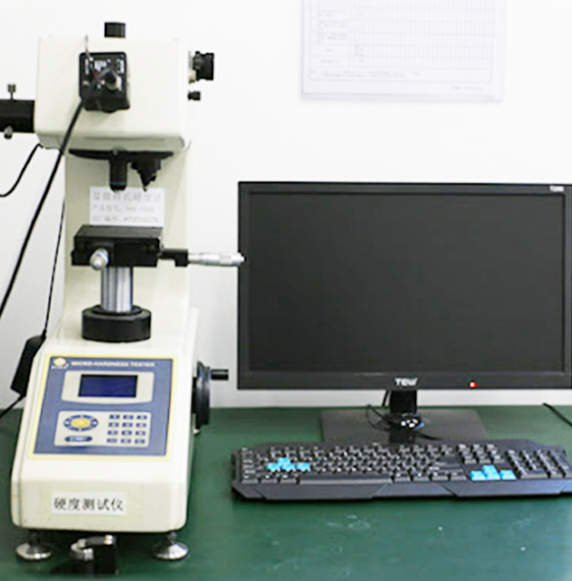
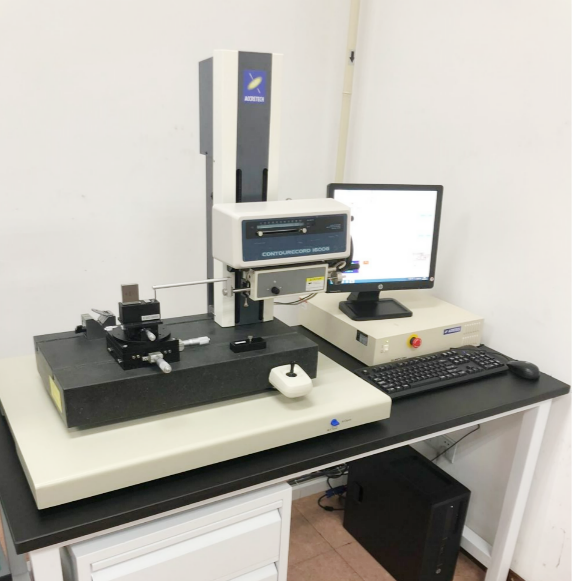
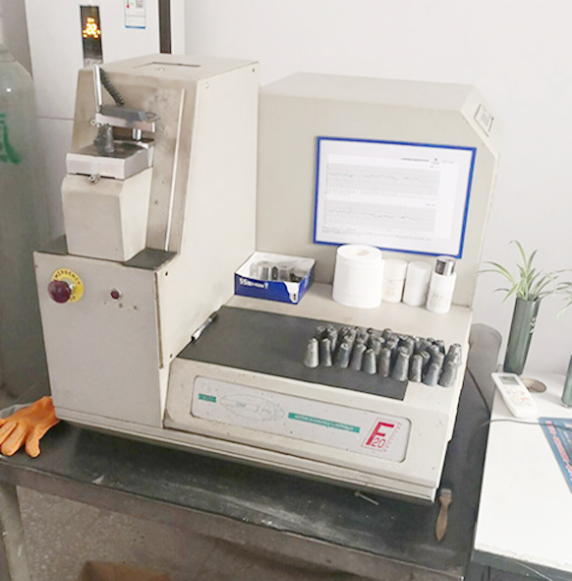
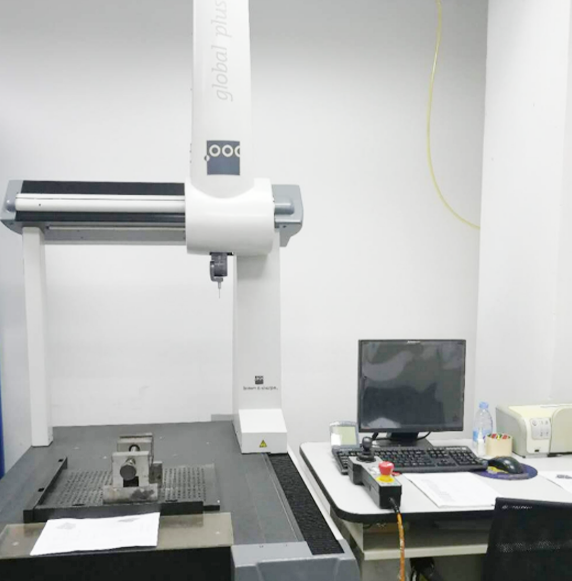
Vickers hardness instrument.
Profile measuring instrument.
Spectrograph instrument.
Three coordinate instrument.
Shipment Picture




Production Process
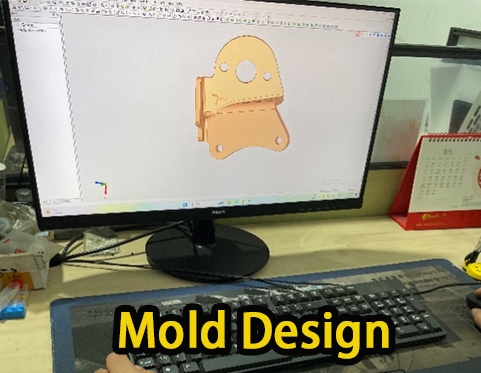
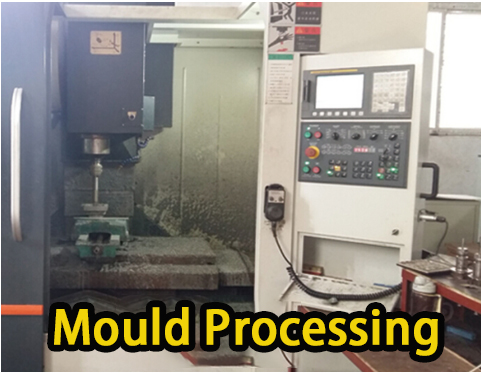
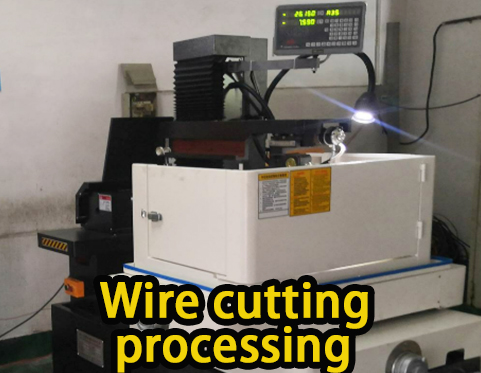
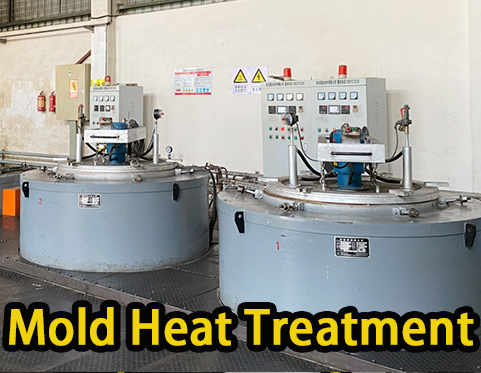
01. Mold design
02. Mould Processing
03. Wire cutting processing
04. Mold heat treatment
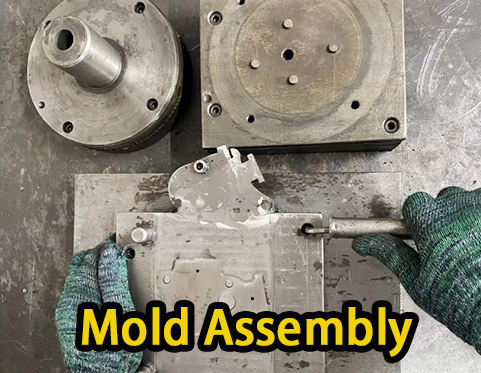
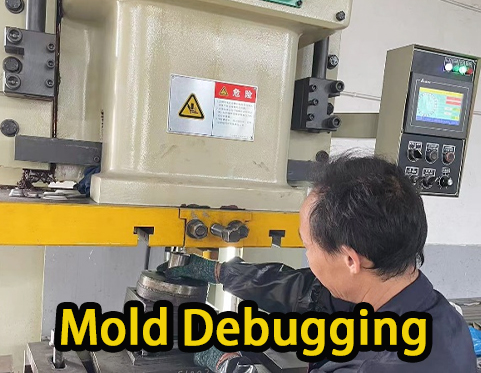
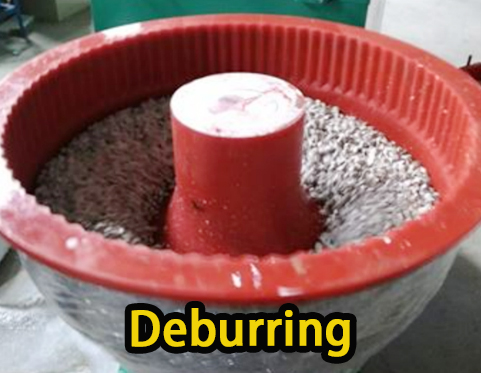
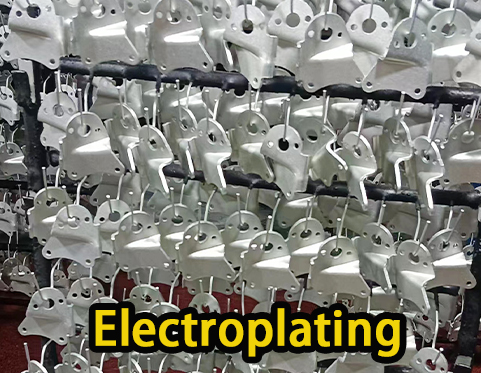
05. Mold assembly
06. Mold debugging
07. Deburring
08. electroplating

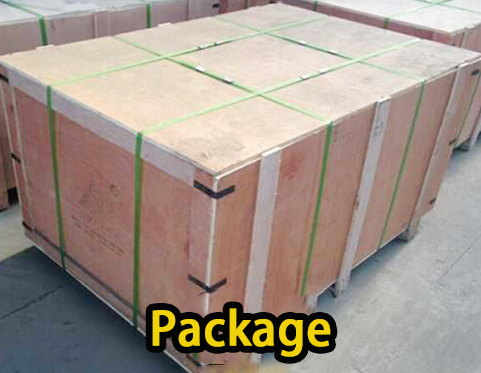
09. Product Testing
10. Package
Company profile
As a Chinese supplier of stamping sheet metal, Ningbo Xinzhe Metal Products Co., Ltd. is an expert in producing auto parts, agricultural machinery parts, engineering machinery parts, construction engineering parts, hardware accessories, environmentally friendly machinery parts, ship parts, aviation parts, pipe fittings, hardware tools, toys, and electronic accessories, among other products.
By means of proactive communication, we may enhance our comprehension of the intended audience and offer valuable recommendations to augment our clients' market portion, so yielding mutual gains. We are dedicated to offering top-notch service and premium parts in order to earn our clients' trust. To promote cooperation, cultivate long-term connections with current clients and look for new ones in non-partner nations.
FAQ
Q: Are you a trading company or manufacturer?
A: We are manufacturer.
Q: How to get the quote?
A: Please send your drawings (PDF, stp, igs, step...) to us by email , and tell us the material, surface treatment and quantities, then we will make a quotation to you.
Q: Can I order just 1 or 2 pcs for testing?
A: Yes, of course.
Q. Can you produce according to the samples?
A: Yes, we can produce by your samples.
Q: How long is your delivery time?
A: 7~ 15 days, depends on the order quantities and product process.
Q. Do you test all your goods before delivery?
A: Yes, we have 100% test before delivery.
Q: How do you make our business long-term and good relationship?
A:1. We keep good quality and competitive price to ensure our customers benefit ;
2. We respect every customer as our friend and we sincerely do business and make friends with them, no matter where they come from.


